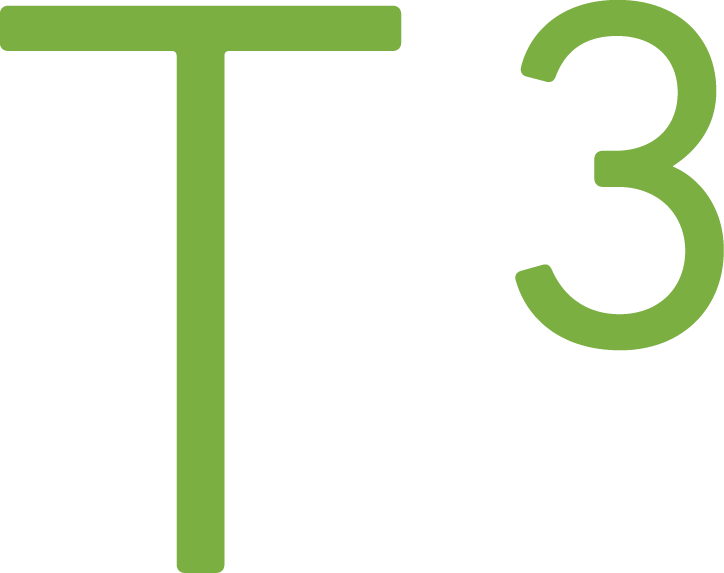Exploring the ideas of the book "The 4-Hour Workweek"

By working faithfully eight hours a day you may eventually get to be a boss and work twelve hours a day. -Robert Frost
I had been working remotely from abroad for a week when I finished The 4-Hour Work Week: Escape the 9-5, Live Anywhere and Join the New Rich

by Tim Ferris. The timing of the book was spot on as I had been thinking hiring virtual assistant and get some graphic design done at Upwork. After reading the book I realized that I had been thinking too small.
Official summary of the book:
Forget the old concept of retirement and the rest of the deferred-life plan - there is no need to wait and every reason not to, especially in unpredictable economic times. Whether your dream is escaping the rat race, experiencing high-end world travel, earning a monthly five-figure income with zero management, or just living more and working less, this book is the blueprint.
What sort of book is this?
What I like about the book is that it's very actionable. For example, if you want to work remotely then there is almost like a script who says what and why. There might be resistance like "it's not a company policy", "other workers don't have the same benefit" etc. that are 99%, not good reasons at all and there are good answers to all of them. It's nearly 400 pages, but quotes, stories and straight to the point writing style makes it lighter experience.
Revisited version that I read contained many stories from readers that have applied certain changes to their lives, and those vary from traveling tips to success stories.
The book consists four sections:
- D is for Definition
- E is for Elimination
- A is for Automation
- L is for Liberation
D is for Definition
Most of this section is devoted to having a different goal than retirement at (relatively) early age with plenty of cash. Postponing things and working your ass off instead of having so-called mini-retirements. Also, the section focuses on relative income which means that you can be rich in a lower-cost country with relatively small income. Quite often when you ask people what would they do if they won a lottery, the answer is something that they could already do with little effort.
This section introduces two groups of people: Deferrers (D) and New Rich (NR). Here are few differences between D and NR.
D: To retire early and young
NR: To distribute recovery periods and adventures (mini-retirements) throughout life on a regular basis and recognize that inactivity is not the goal
D: To work for yourself
NR: To have others work for you
D: To have more
NR: To have more quality and less clutter
NR can be anything from student to an employee or a business owner.
E is for Elimination
Getting more done is the idea of this section. The elimination in this context means cutting all irrelevant things out of the way: checking emails all the time instead of twice per day, avoid unnecessary meetings, etc. Pareto principle is used to throughout the whole book. I had heard about this earlier (also known as 80-20 Rule), but this time I was able to project that to my life. Here are few examples (from Wikipedia) of 80-20 Rule applied in business:
- 80% of a company's profits come from 20% of its customers
- 80% of a company's complaints come from 20% of its customers
- 80% of a company's profits come from 20% of the time its staff spend
- 80% of a company's sales come from 20% of its products
- 80% of a company's sales are made by 20% of its sales staff
Less scientific, but the idea can be applied to various aspects of life:
- Who are the 20% of people who bring 80% of your happiness?
- What are the 20% of chores that bring 80% of your frustration?
A is for Automation
The chapter starts with a great story called "My Outsourced Life" by AJ Jacobs that is funny, but also at the same time an eye-opener to see what are the possibilities. Highly recommend to read it. "Automation" is the section that I eagerly waited to read as I needed ideas how to outsource successfully some of my tasks.
There are plenty of actionable tips on how to communicate with a virtual assistant, how the tasks should be defined etc. For business owners, there are examples of completely automated processes from ordering to customer support. The whole idea is to take you off the process. Must-read section of the book.
L is for Liberation
There is an emphasize on getting remote-work possible as it "liberates" you from an office and allows you to live in a more affordable country (+ its the thing of New Rich).
Once steps mentioned in the earlier sections are done: What to do with gained time? That is one question the chapter tries to answer. The aim is not to be idle, but to fill with meaningful things (which vary from person to person).
For me, this section wasn't very actionable as I have been able to work remotely, but I do understand that is some cases this might be a significant issue. The author says that the way to prove remote-work is a good thing for the company is to demonstrate that you get more done. If you can't prove it, then it might not be your thing, or you need some practice.
Conclusion
The original version of the book was published already in 2009, and I'm bit surprised that the ideas and technologies haven't been more broadly adopted.
I would summarize the book as following:
- Pareto's principle
- living in a country where the cost of living is less than in the country where the money comes
- technology (remote-working, automation)
- delegation (virtual assistants, outsourcing)
- communication (to get clients/employers accept the change)
I think everyone gets something out of this book whether you're an employee or a business owner, aiming high or making small adjustments.
Check out The 4-Hour Work Week: Escape the 9-5, Live Anywhere and Join the New Rich

and let me know if you liked it or not!
